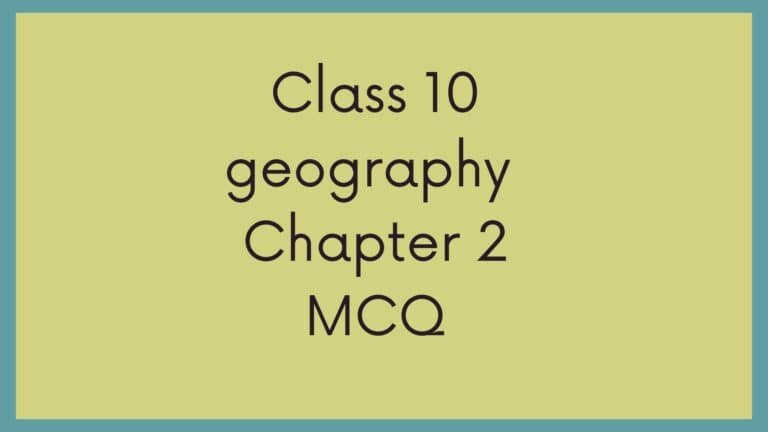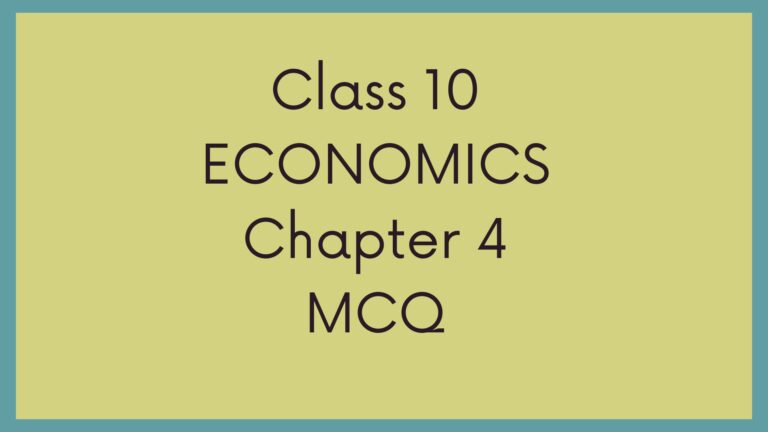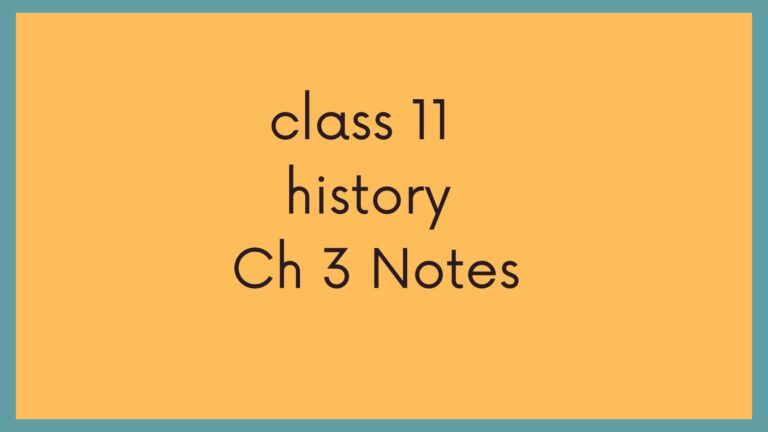Class 10 English Chapter 2 Question Answer | Nelson Mandela Important Question Answer
This article is designed to provide you with the Class 10 English Chapter 2 Question Answer. Nelson Mandela: Long Walk to Freedom Important Question Answers are beneficial if you are preparing seriously for your boards. By using these notes, I was able to score 90+ in my boards. use this so that you can also get the best marks possible. study hard and get good grades for sure.

Nelson Mandela: Long Walk to Freedom
Nelson Mandela: Long Walk to Freedom Summary
This chapter is an extract from Nelson Mandela’s autobiography, where he describes his journey from being a prisoner to becoming the first Black President of South Africa. He shares his feelings at the inauguration ceremony on 10 May 1994, when apartheid finally ended. Mandela explains the sacrifices made by thousands of people in the struggle against racial discrimination and highlights that courage is not the absence of fear, but the triumph over it. He emphasizes freedom, equality, and humanity as the guiding principles for a new South Africa.
Class 10 English Chapter 2 Question Answer – Short Answer Questions
- Where did the inauguration ceremony take place?
The inauguration ceremony took place in the sandstone amphitheatre of the Union Buildings in Pretoria. This place, which was earlier a symbol of white supremacy, became the site of South Africa’s first democratic, non-racial government, marking a historic change. - Why was 10 May 1994 a historic day for South Africa?
10 May 1994 was historic because Nelson Mandela was sworn in as the first Black President of South Africa after centuries of racial discrimination. It marked the end of apartheid and the beginning of freedom and equality for all races in the nation. - What did Mandela mean by “an extraordinary human disaster”?
Mandela referred to apartheid as an extraordinary human disaster. It was a system of racial domination that caused immense suffering, inequality, and oppression for Black people in South Africa for decades. - Why did Mandela thank the international leaders?
Mandela thanked the international leaders for coming to witness the victory of justice and human dignity. Their presence symbolized global recognition of South Africa’s new era of democracy and the end of apartheid. - Why were two national anthems sung on the day of the inauguration?
Two national anthems were sung—‘Nkosi Sikelel’ iAfrika’ by the Blacks and ‘Die Stem’ by the Whites. This represented unity, reconciliation, and the coming together of both races in the new democratic South Africa. - What did Mandela say about courage?
Mandela believed that courage was not the absence of fear but the triumph over it. A brave person is not one who never feels fear but one who conquers fear and continues to fight for what is right. - What twin obligations does Mandela talk about?
Mandela talks about the twin obligations every man has: one to his family, including parents, wife, and children, and the other to his people, community, and country. Under apartheid, Black people were denied the chance to fulfil these duties. - How did Mandela’s idea of freedom change over time?
As a child, Mandela thought freedom meant enjoying childhood activities. As a young man, it meant living a lawful life and achieving personal goals. Later, he realized true freedom meant not only his own liberty but also the freedom of his people. - Why does Mandela say the oppressor is also not free?
Mandela believed that the oppressor is also a prisoner of hatred and prejudice. By denying others their freedom, the oppressor loses his humanity and is trapped in narrow-mindedness. - What is Mandela’s view about people’s ability to love or hate?
Mandela believed that no one is born hating others for their race or religion. Hatred is taught, but love comes naturally to human beings, which is why people can also be taught to love.
Class 10 English Chapter 2 Question Answer – Long Answer Questions
- Describe Nelson Mandela’s feelings on the day of his inauguration.
Mandela was filled with deep emotions and pride on 10 May 1994, as he took oath as the first Black President of South Africa. The occasion was historic because leaders from more than 140 countries attended. He felt it was not only his victory but the victory of all freedom fighters and his entire nation. The day symbolized the triumph of democracy over apartheid. - What does Mandela say about the role of countless patriots in South Africa’s freedom struggle?
Mandela said that the freedom of South Africa was possible only because of the unimaginable sacrifices of thousands of patriots. Many endured torture, imprisonment, and even death. Mandela felt he was simply the sum of those who had gone before him and regretted that he could not thank them personally for their sacrifices. - Explain Mandela’s views on courage and the meaning of being brave.
Mandela explained that courage is not the absence of fear but the ability to overcome it. He had seen men and women face torture and death for the sake of freedom, yet never break. This resilience inspired him. For him, a brave person is not one who feels no fear, but one who conquers it. - How did Mandela’s understanding of freedom evolve from childhood to adulthood?
As a child, Mandela believed he was free to enjoy life—running in fields, swimming, and obeying his father. As a youth, freedom meant achieving personal goals and living without restrictions. As he matured, he realized that his personal freedom was meaningless if his people were not free. Thus, he dedicated his life to the collective freedom of his nation. - What message does Mandela give about love and humanity?
Mandela strongly believed that love is more natural than hate. He observed that even in the harshest times in prison, he could see glimpses of humanity in guards. This convinced him that human goodness can be hidden but never extinguished. His message was that love and compassion are stronger than prejudice and hatred. - How does Mandela describe the system of apartheid?
Mandela described apartheid as one of the harshest and most inhumane systems ever created. It was based on racial domination, where the rights of the majority were denied. It created a deep wound in South African society, the effects of which would take generations to heal. - Why does Mandela say both the oppressed and the oppressor need liberation?
Mandela said that oppression dehumanizes both parties. The oppressed lose their dignity and rights, while the oppressors become prisoners of hatred and prejudice. True freedom can only exist when both are liberated from this vicious cycle. - What obligations, according to Mandela, were difficult to fulfil under apartheid?
Mandela believed that every man has obligations to his family and to his community. However, under apartheid, it was impossible for Black people to meet both obligations. Those who tried to serve their people were often separated from their families, imprisoned, or forced to live secret lives. - How did Mandela’s hunger for freedom transform him?
Mandela admitted that he was not born with a hunger for freedom. But when he realized that his people were not free, his personal desire for liberty turned into a collective struggle. It transformed him from a young law-abiding man into a rebel, activist, and finally a leader of his nation’s freedom movement. - What is Mandela’s vision for the future of South Africa?
Mandela envisioned a South Africa free from poverty, suffering, and discrimination. He wanted all people, regardless of race or gender, to live with dignity and equality. His vision was of a society where freedom, justice, and human rights would form the foundation of democracy.
✍️ Section C – Extract Based / Seen Passage Questions
(10 short Qs based on key extracts, like CBSE exam style. I’ll keep them ready if you want me to add them here too.)
Class 10 English Chapter 1 Question Answer | A Letter to God Important Question Answer






One Comment